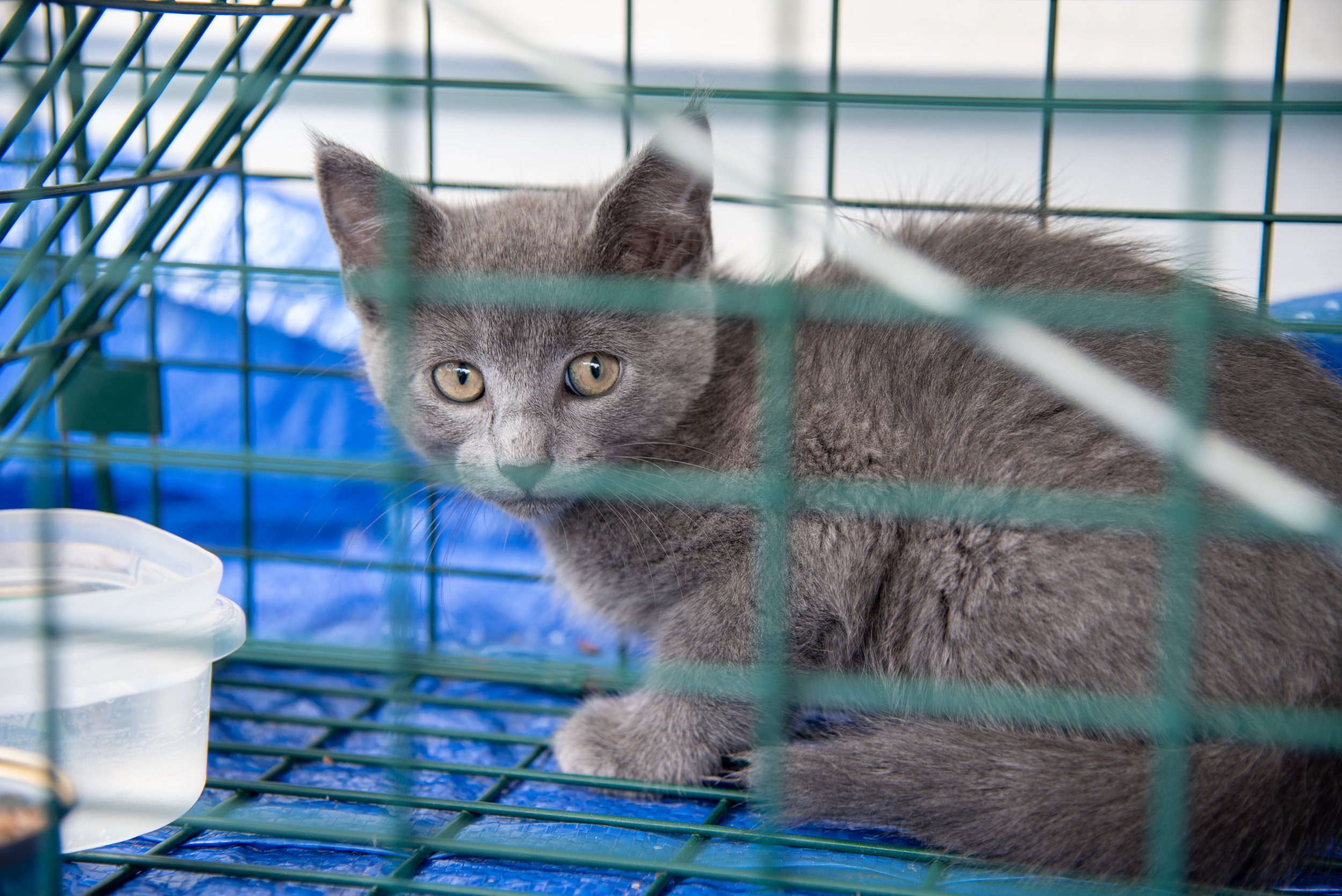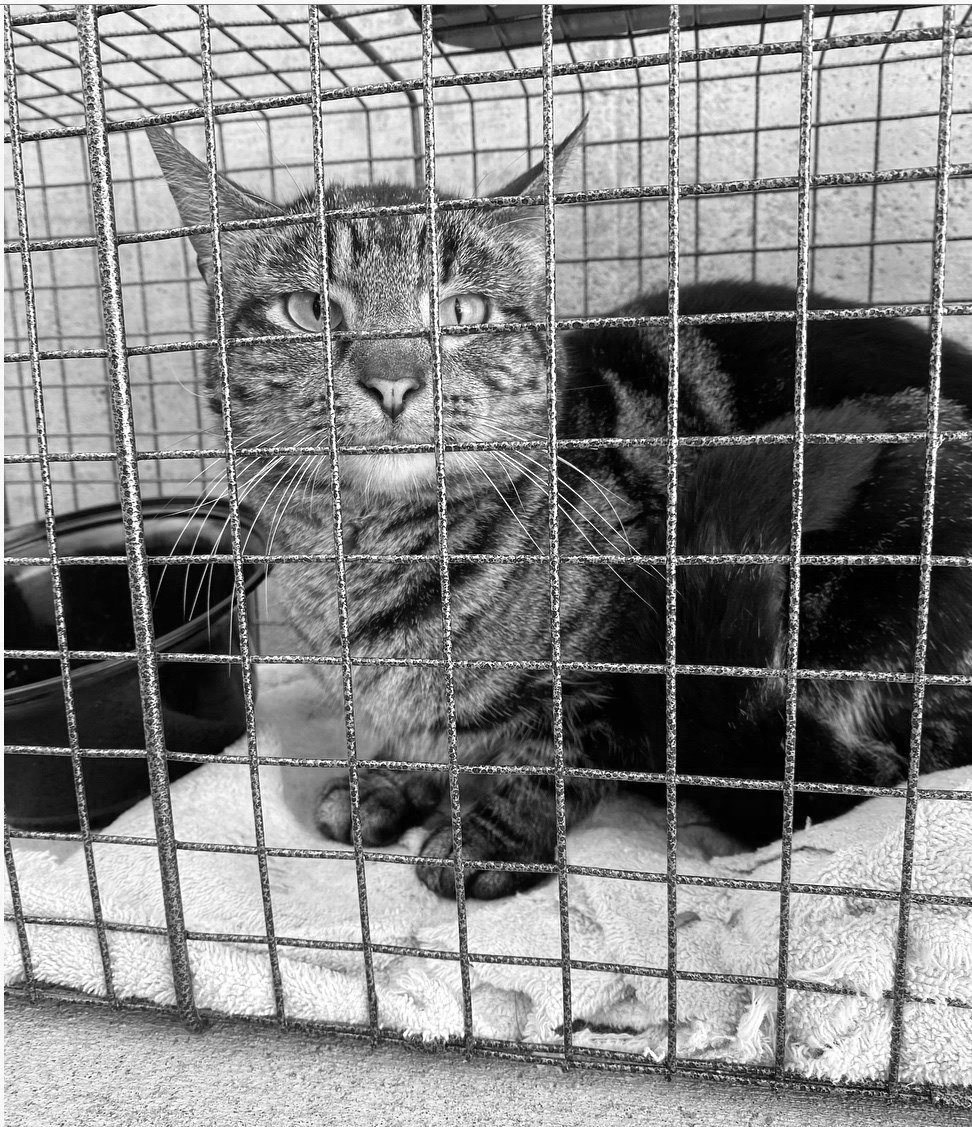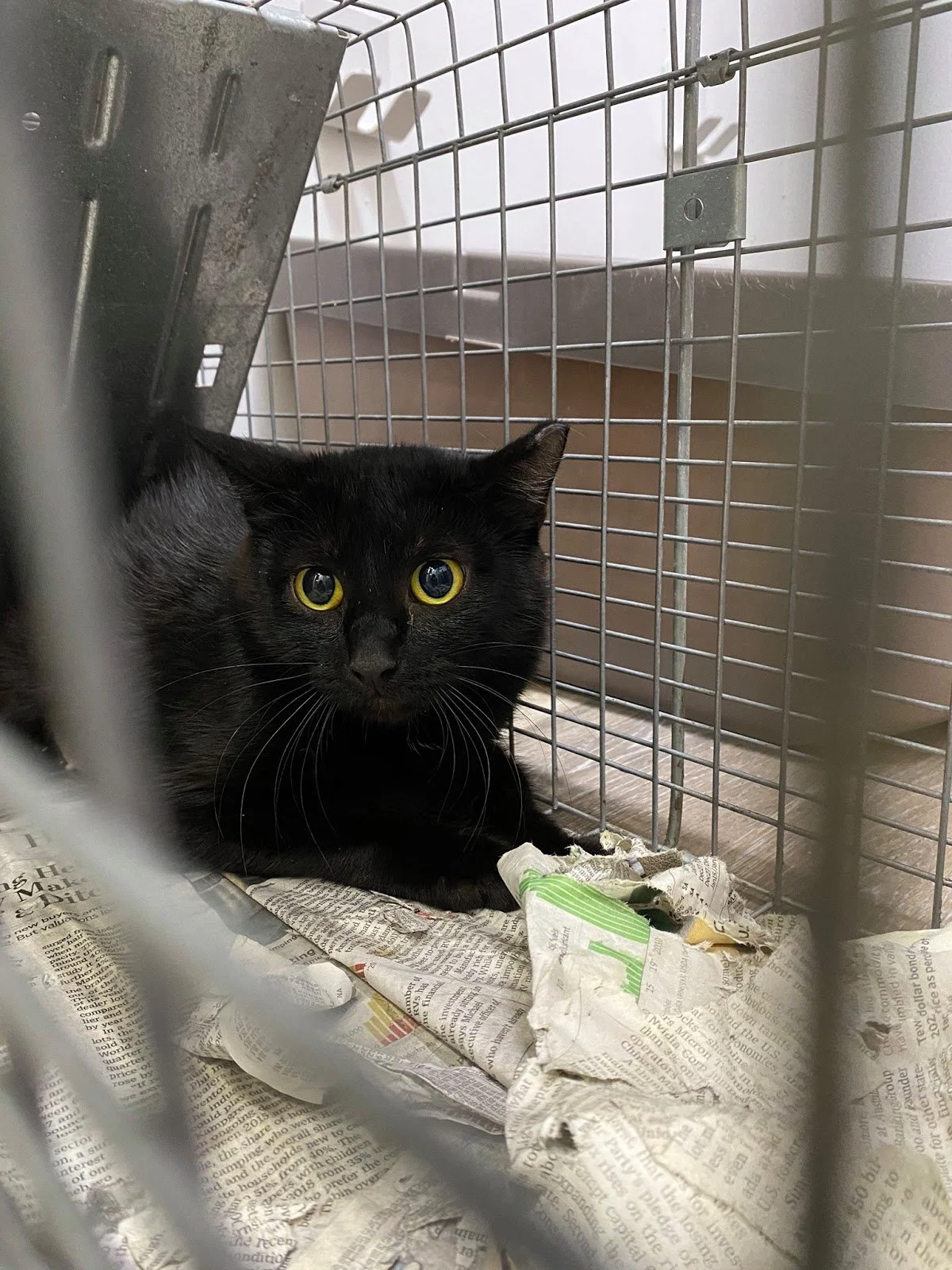
Trap-Neuter-Return
Felius proudly partners with local trap-neuter-return (TNR) organizations to support humane efforts to reduce stray cat populations. These community-based programs prevent the birth of hundreds of thousands of kittens while protecting native wildlife from the effects of overpopulation.
Spaying and neutering just one male and one female cat can humanly prevent over 2,000 unwanted kittens from being born within just four years?
DID YOU KNOW…
Free-roaming, unowned cats are estimated to kill up to 4 billion birds and 22 billion mammals each year? Unlike household pets, these unowned cats account for the vast majority of this impact on native wildlife.
AND THAT…

Trap-Neuter-Return (TNR) is a humane and effective method for managing outdoor cat populations. Community cats are humanely trapped, spayed or neutered by a licensed veterinarian, vaccinated, and then returned to their original outdoor location. This process stops the cycle of reproduction, reduces nuisance behaviors, and helps protect local wildlife. TNR allows healthy, unsocialized cats to live out their lives without contributing to overpopulation.
A Collaborative Approach to TNR
Felius has helped prevent over 870,000 kittens from being born on Omaha’s streets over the next four years. No fewer than 870 cats have been positively impacted through a combination of our rescue intakes and partnerships other local TNR organizations.
While many cats are returned to their outdoor colonies after being fixed, some strays are better suited for indoor life. That’s where Felius steps in—we currently collaborate with Stray to Spay (a local nonprofit TNR organization) to identify friendly, adoptable cats. These cats receive full veterinary treatment and are placed in our open-concept playroom for adoption. Giving them a chance at longer, healthier lives!
Why TNR Matters
By supporting local TNR efforts and providing a pathway to adoption for friendly strays, Felius is reducing the strain on shelters, improving outcomes for individual cats, and helping safeguard the natural balance of our shared environment.



